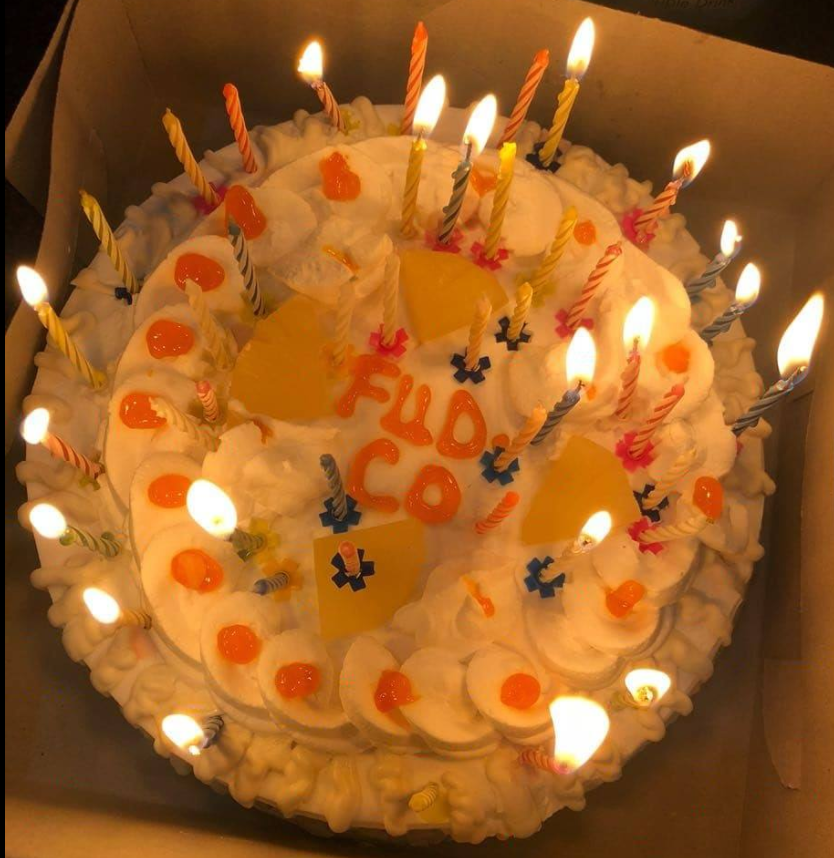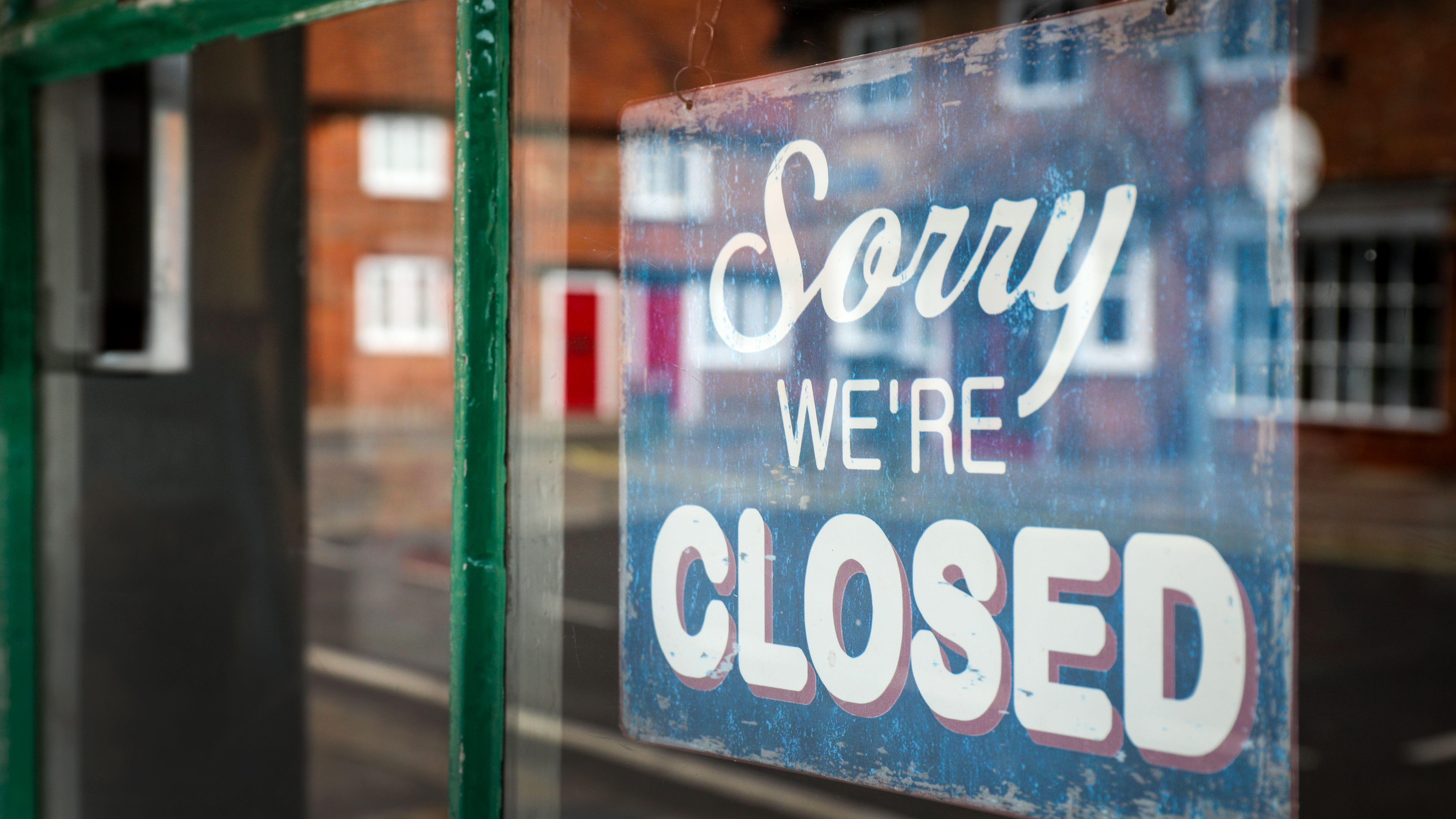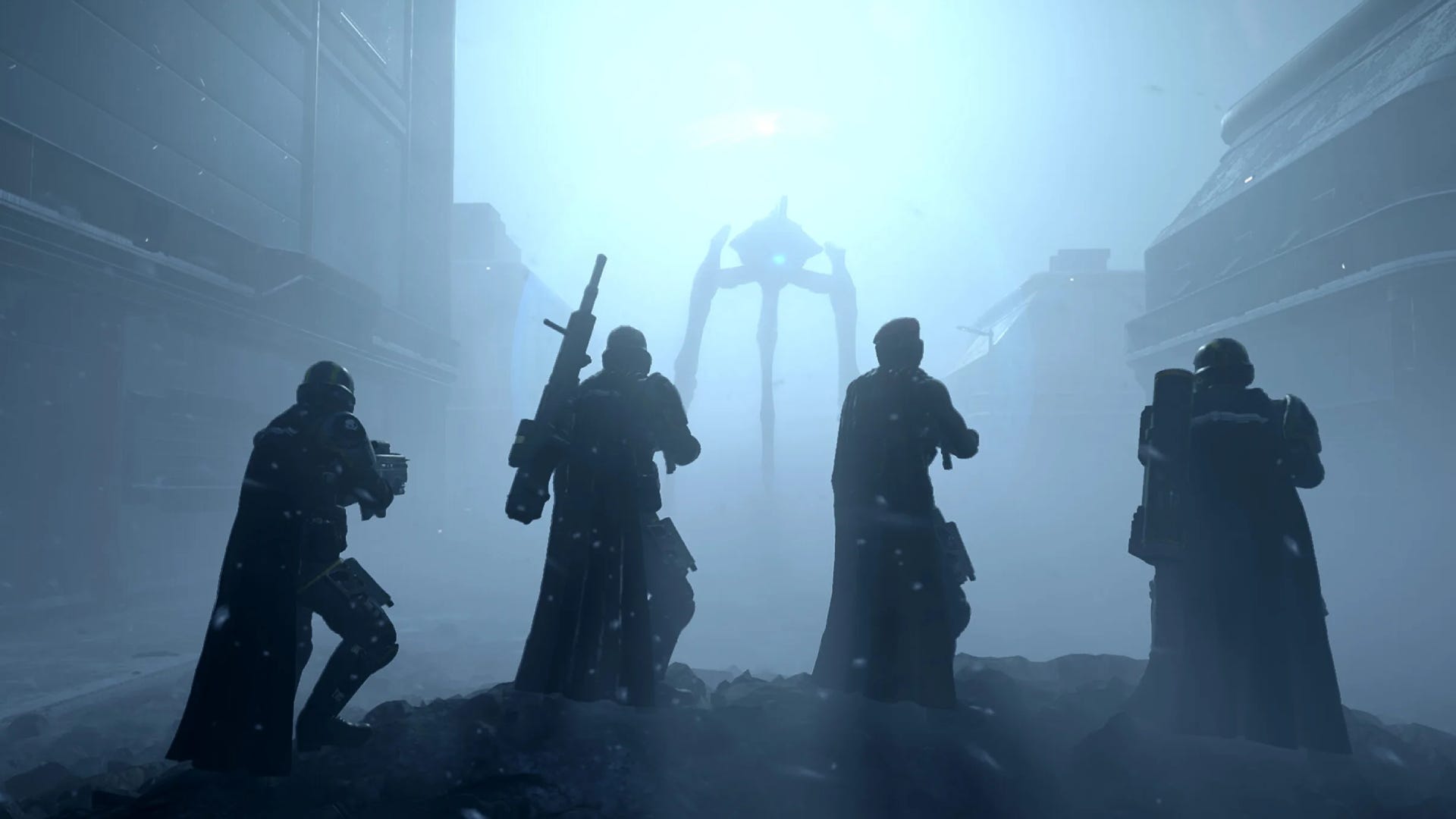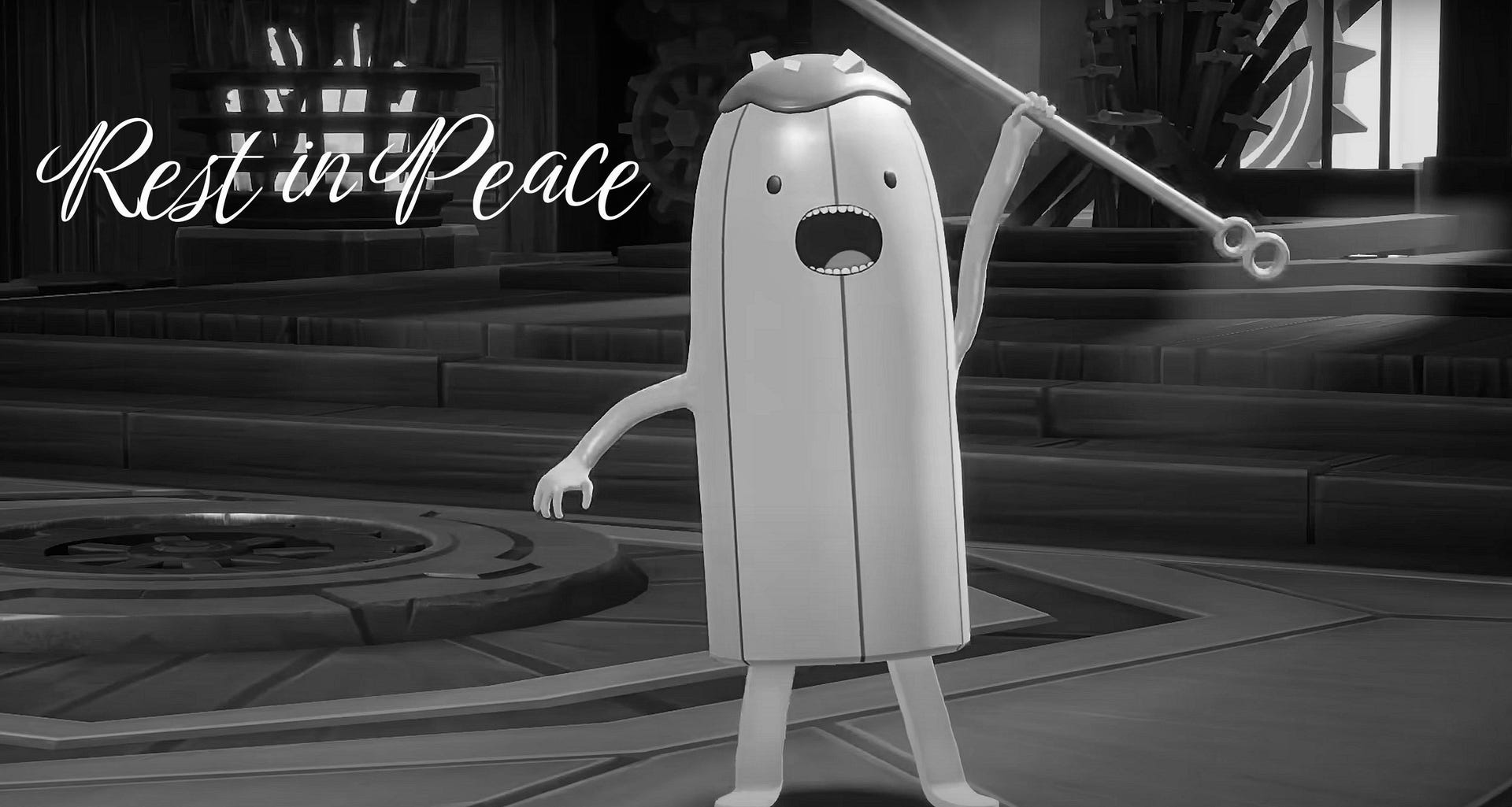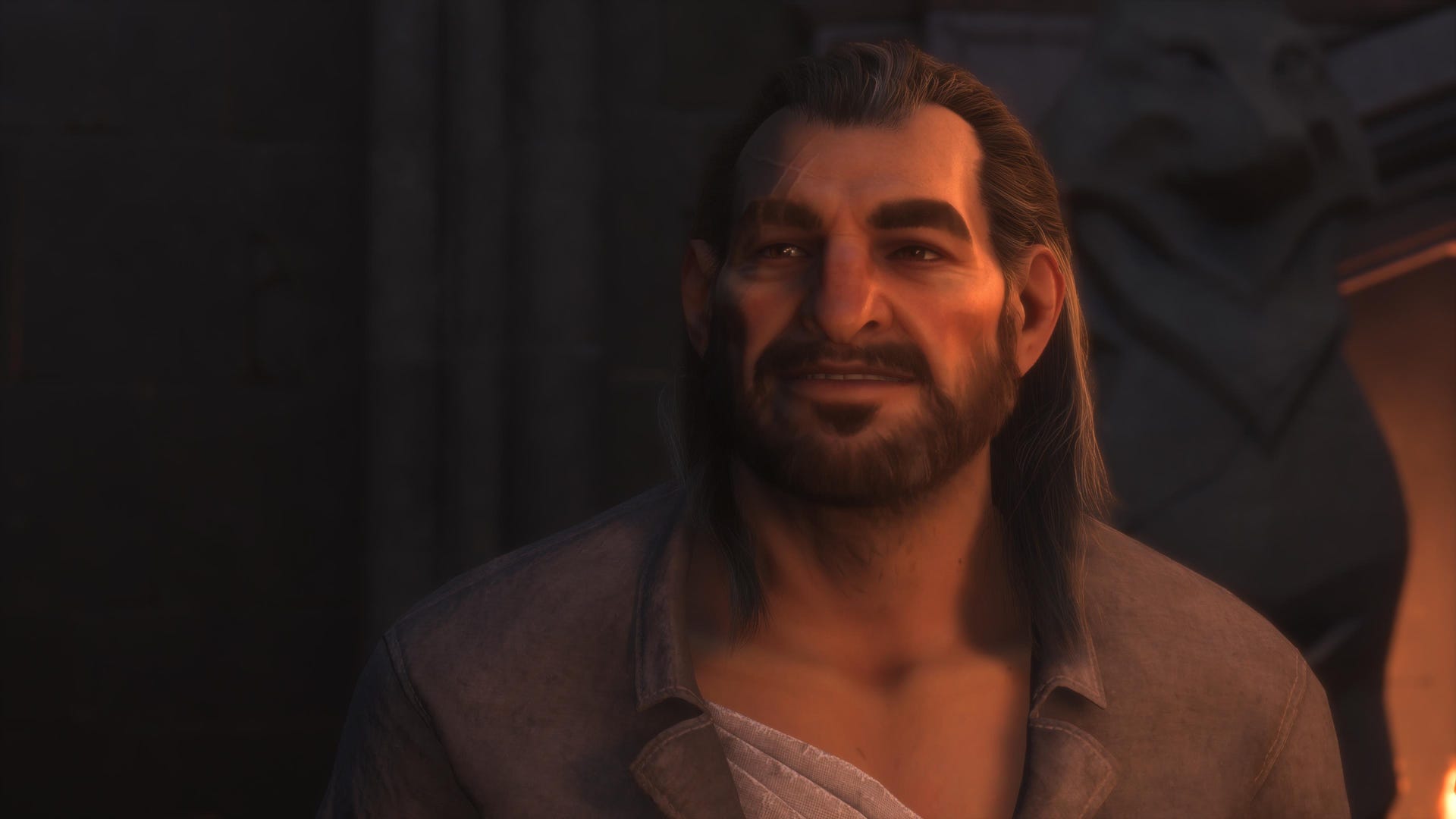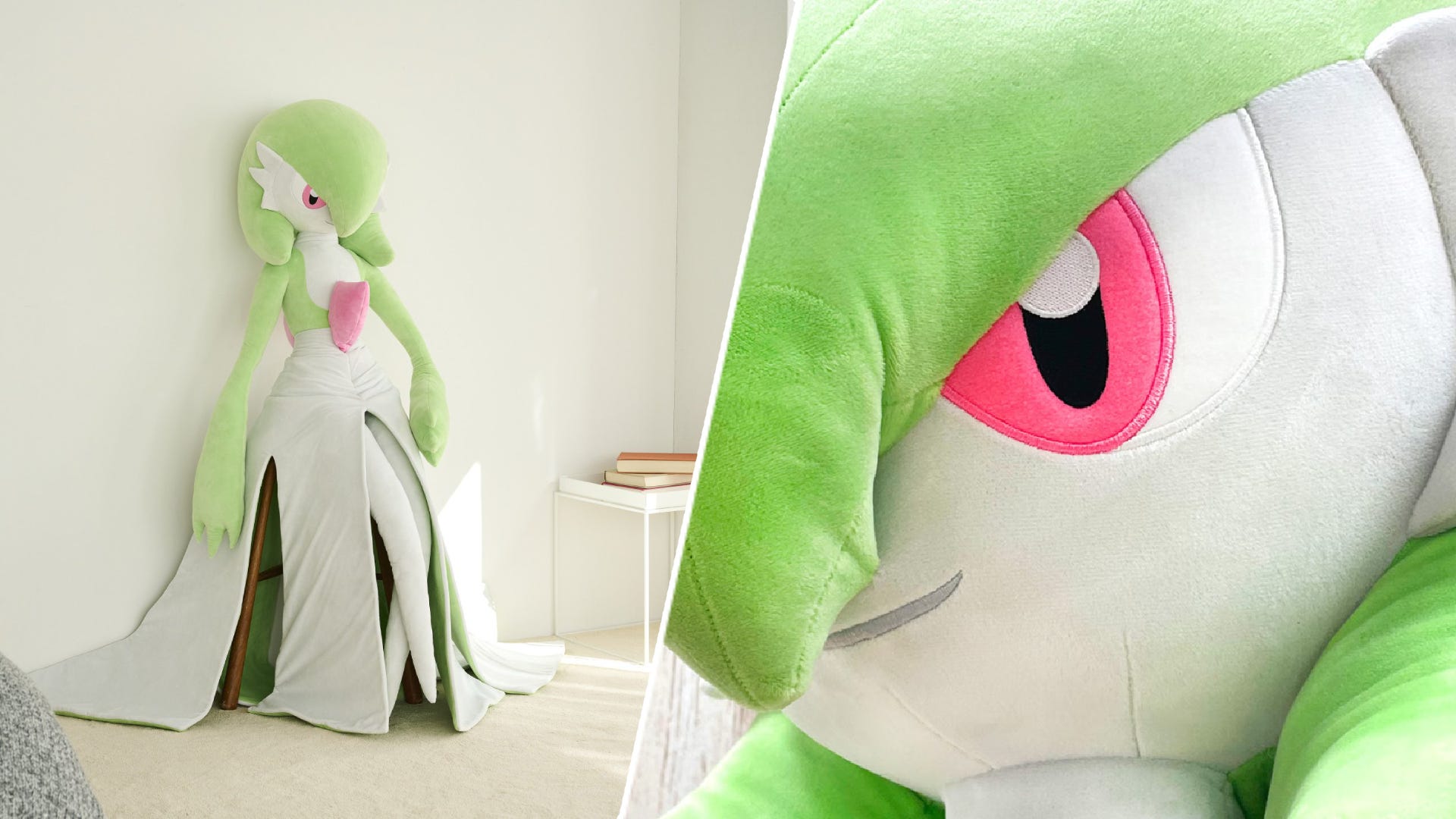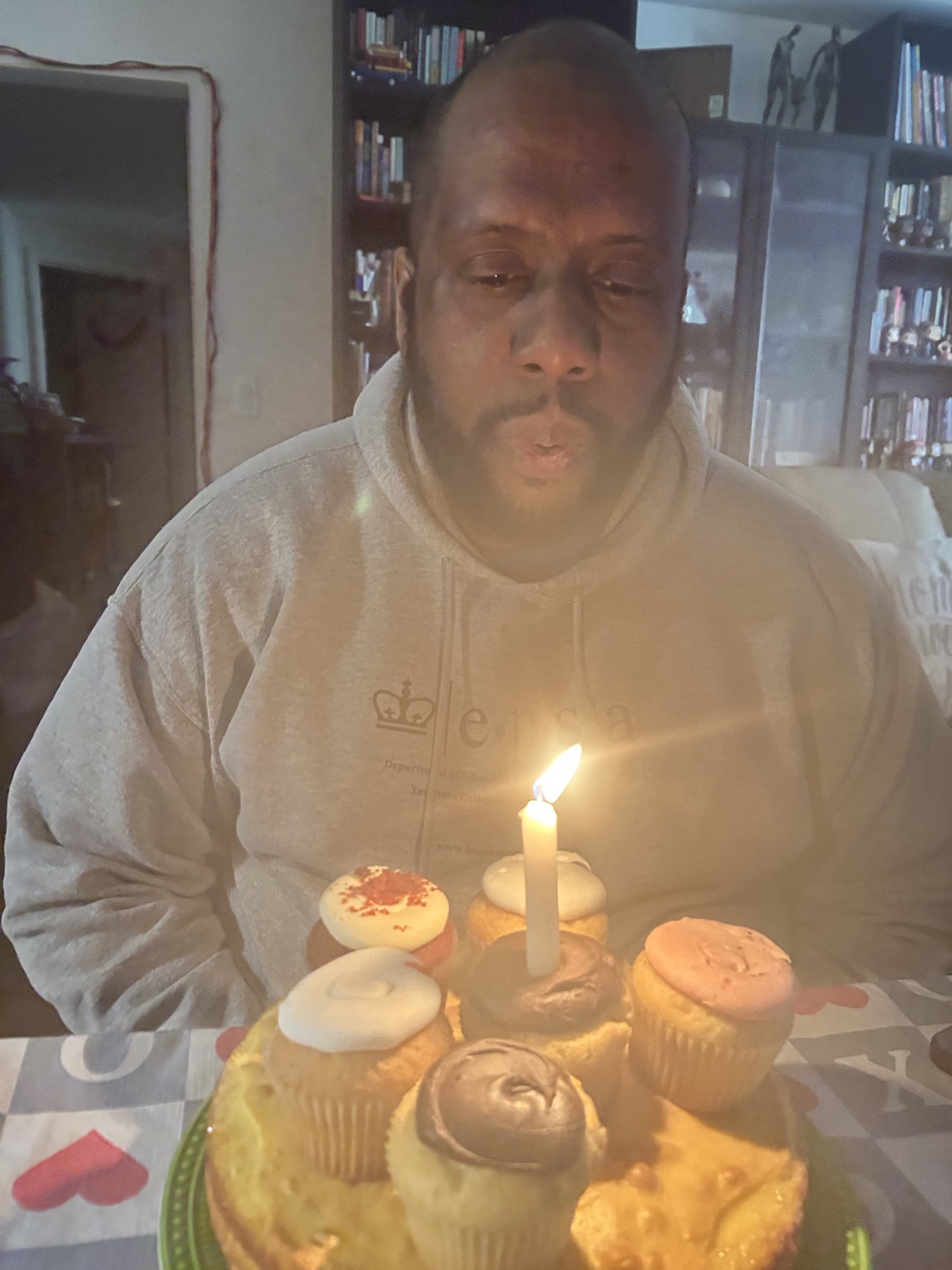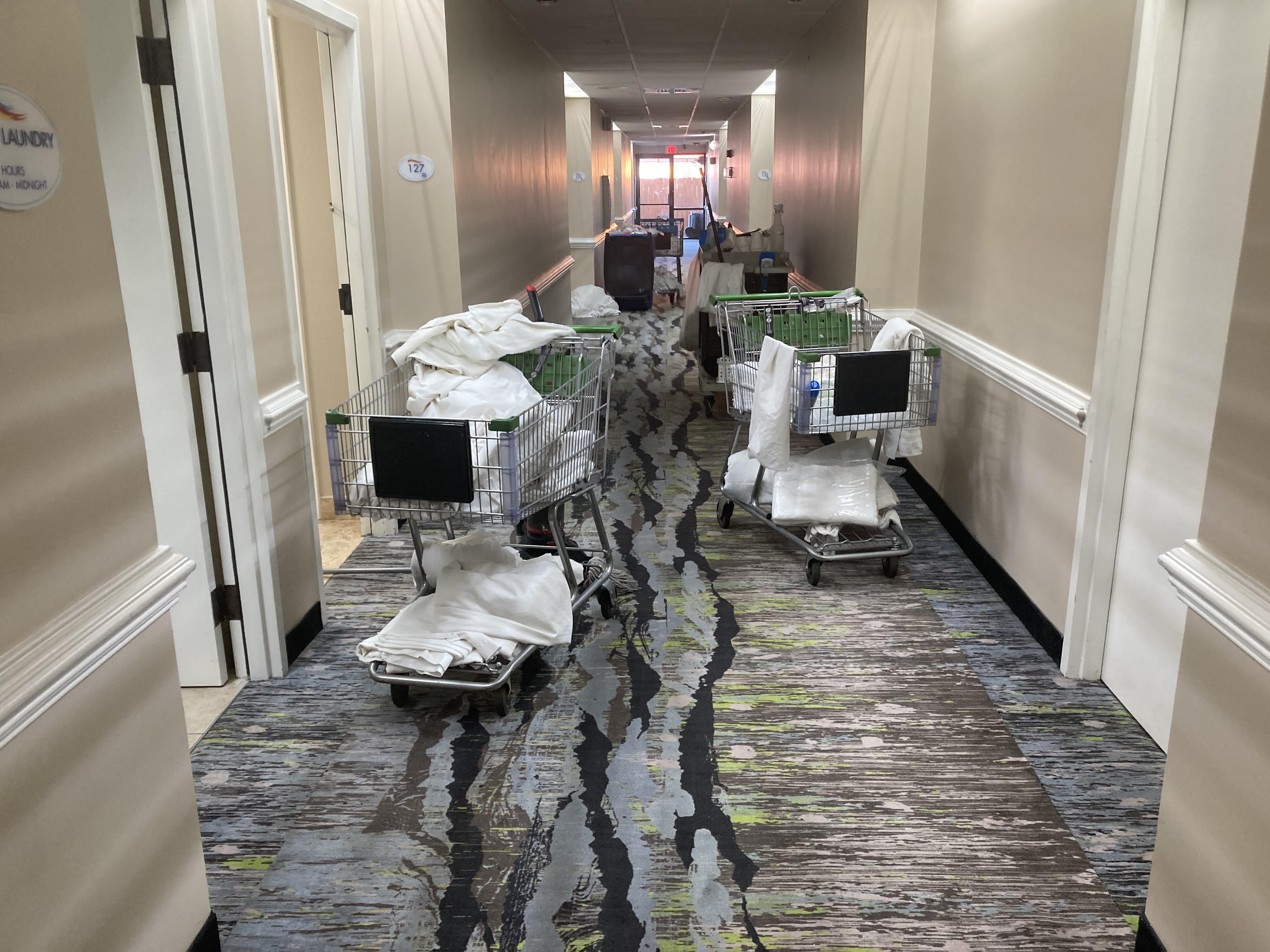Supreme Court won’t weigh Mississippi’s voting ban for felons
The Supreme Court on Monday said it will not consider whether a Mississippi law banning people convicted of certain felonies from voting should be overturned. The Jim Crow-era practice extends to people convicted of nonviolent crimes, including perjury and forgery. A group of disenfranchised Mississippians asked the justices to determine whether it amounts to “cruel...

The Supreme Court on Monday said it will not consider whether a Mississippi law banning people convicted of certain felonies from voting should be overturned.
The Jim Crow-era practice extends to people convicted of nonviolent crimes, including perjury and forgery. A group of disenfranchised Mississippians asked the justices to determine whether it amounts to “cruel and unusual punishment,” which is barred under federal law.
It’s the second time in recent years the high court has been asked to overturn the state’s voting ban for some felonies, though the cases used different legal arguments. The justices also rejected the 2023 attempt.
Attorneys for the disenfranchised voters called the state’s “harsh and unforgiving” practice, which is enshrined in its constitution, a “national outlier.”
“A citizen convicted in a Mississippi state court of a disenfranchising felony permanently loses the right to vote in the state, no matter how minor the underlying crime or how long the citizen may live after sentence completion,” they wrote in their petition to the court.
The practice was codified in the state’s 1890 constitution as part of early Jim Crow provisions attempting to limit the rights of Black residents. The disenfranchised plaintiffs’ attorneys said about 58 percent of those convicted of disenfranchising offenses between 1994 and 2017, who have completed their sentences, are Black.
The 2023 appeal, which the Supreme Court rejected, contended that those who authored Mississippi’s constitution showed racist intent when selecting the felonies that would cause people to lose the right to vote. A lower court found Mississippi remedied the underlying discrimination by later altering which crimes are disenfranchising.
In the latest appeal, the justices were asked to reverse the conservative 5th U.S. Circuit Court of Appeals. A three-judge panel on the appeals court deemed the provision illegal, but the full court reinstated it.
Last term, a majority of the justices rejected arguments over cruel and unusual punishment in a separate case by finding that local laws prohibiting homeless people from sleeping on public property do not violate the 8th Amendment.



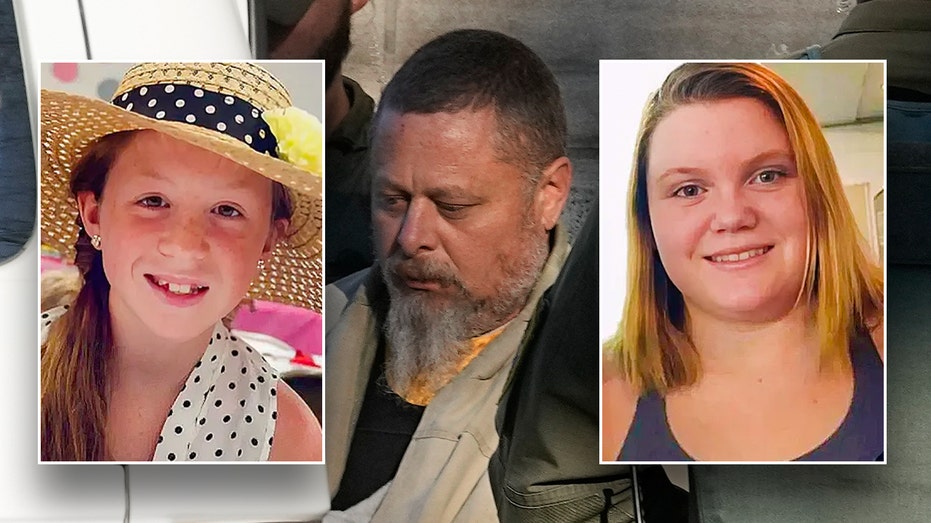






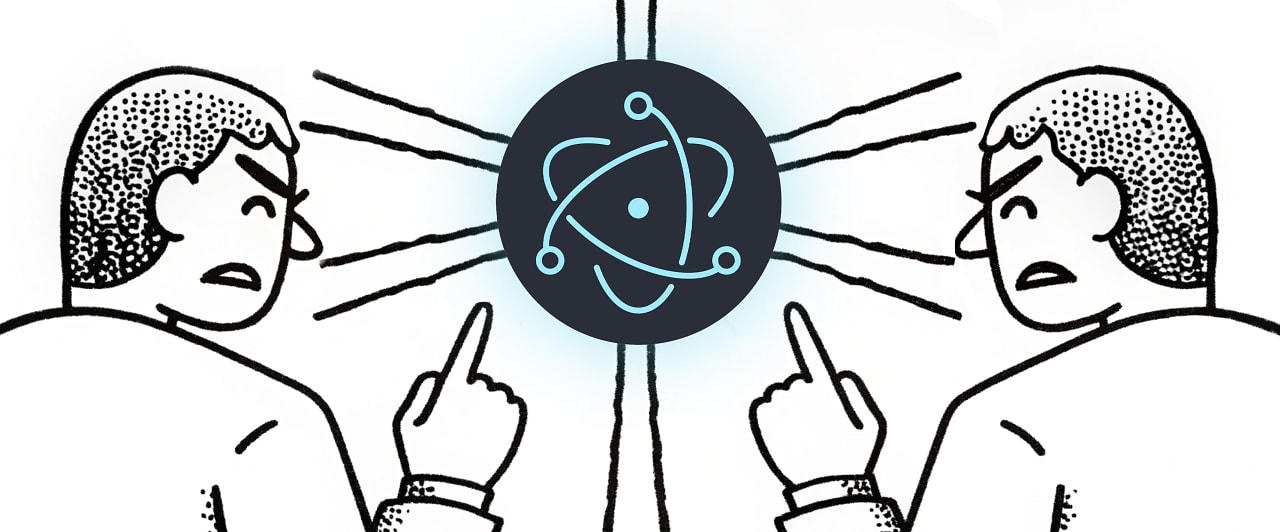


![From Gas Station to Google with Self-Taught Cloud Engineer Rishab Kumar [Podcast #158]](https://cdn.hashnode.com/res/hashnode/image/upload/v1738339892695/6b303b0a-c99c-4074-b4bd-104f98252c0c.png?#)




